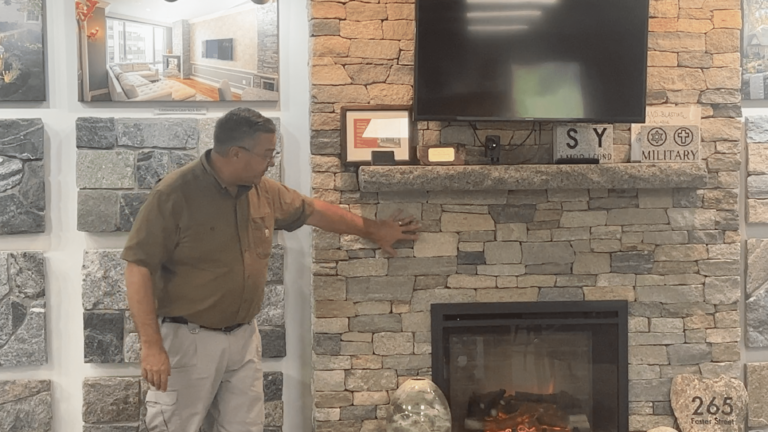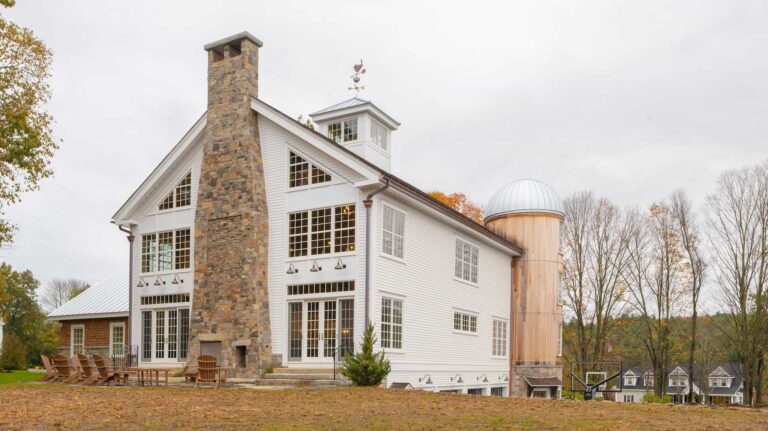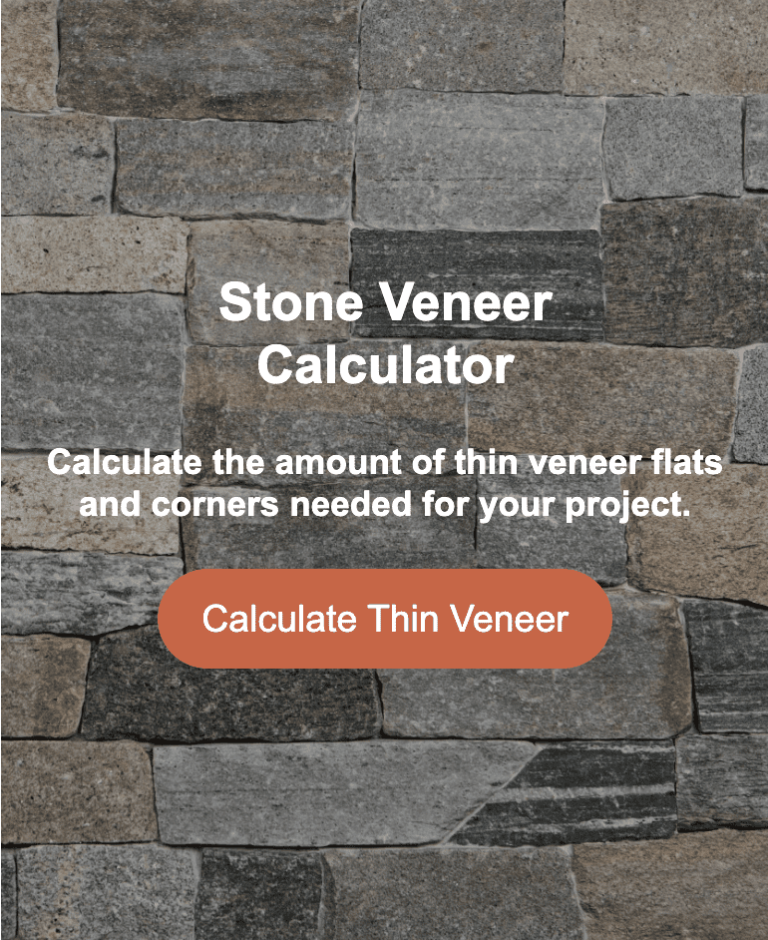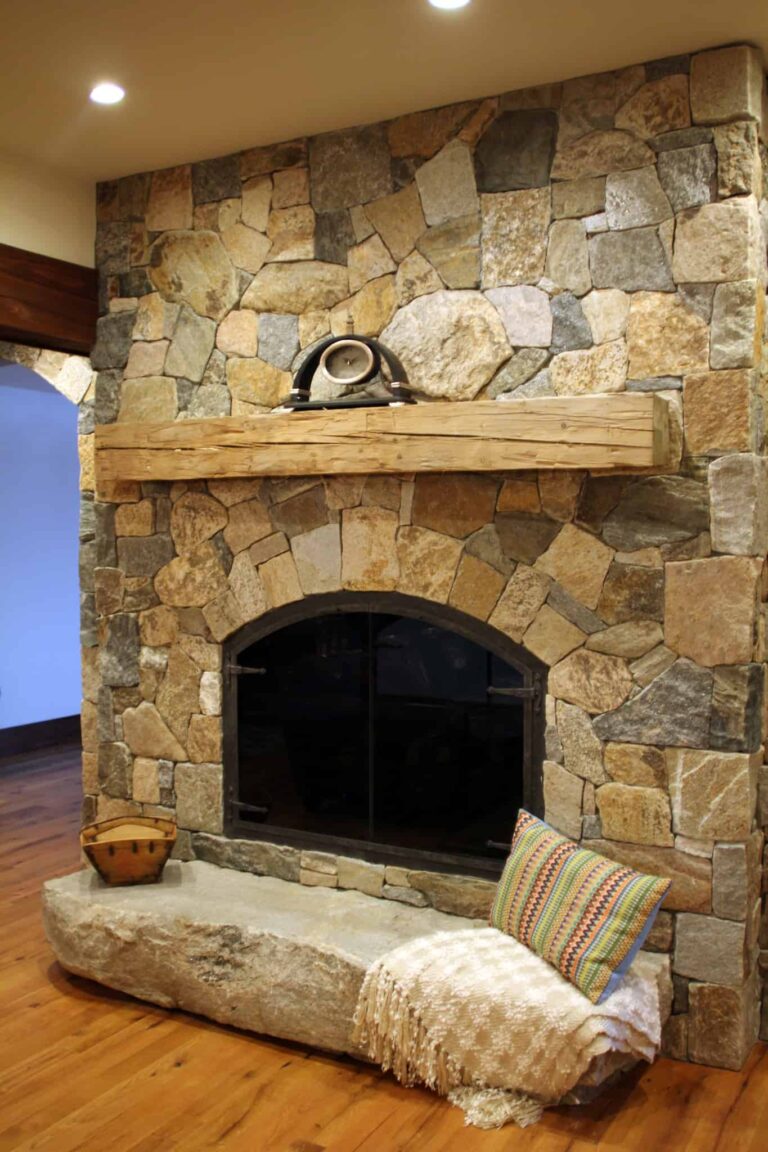Finding the Best Stone Veneer Installers for Your Project
Stone veneer installers play a crucial role in creating visually stunning and structurally sound building exteriors. As an architect, mason contractor, or homeowner looking to enhance the appearance of your property with stone veneer installation, it is essential to understand how to identify qualified professionals for this task.
In this blog post, we will delve into the process of identifying skilled stone veneer installers who can ensure proper installation using high-quality manufactured stone veneer or natural stone products. We will also discuss important factors you should consider when hiring a professional installer and provide insights on the cost associated with installing stone veneer for exterior applications.
Armed with this knowledge, you’ll be better equipped to make informed decisions when selecting an expert installer who can apply mortar using required tools and techniques while adhering to industry standards during the installation process.

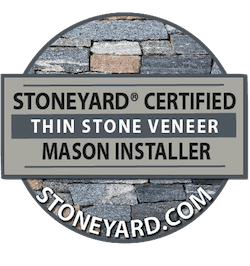

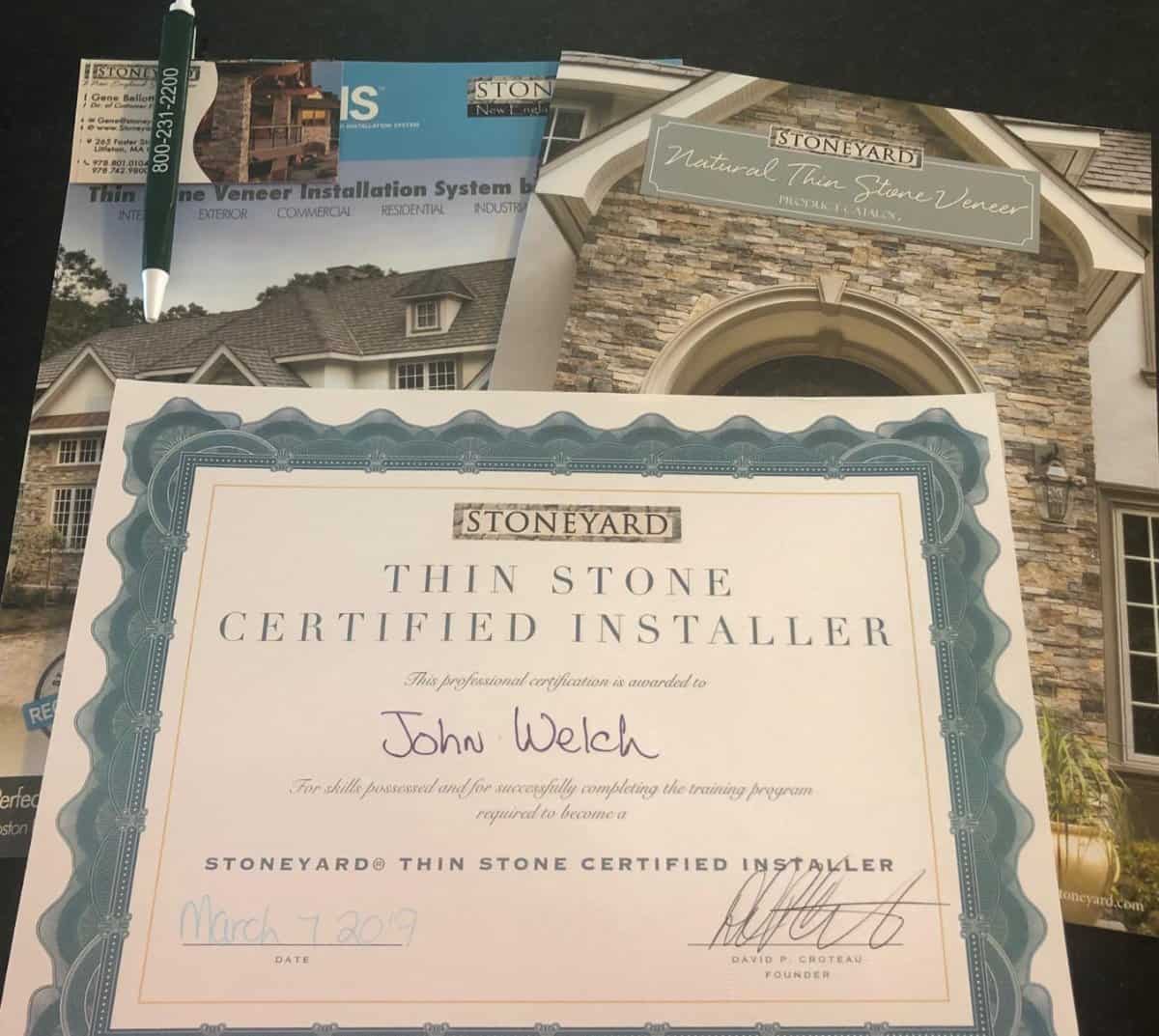
Identifying Qualified Stone Veneer Installers
Ensure that your natural stone veneer installation project meets your expectations and stays within budget.. Finding the right installer is key to ensure a successful outcome and long-lasting results. Here’s how to identify qualified stone veneer installers:
Look for Certifications and Training
First things first, check if the installer has the necessary certifications and training credentials. Stoneyard offers a Certified Stone Installer program that provides specialized training in installing natural stone products. Choosing an installer who has completed this or similar programs ensures they have received proper training on best practices for working with these materials.
Check References and Reviews
Check the installer’s reputation among previous clients. Ask for references from past projects similar to yours and check online review platforms like Google, Yelp, and HomeAdvisor. Perusing the feedback from other clients is essential to ascertaining if a particular installer would be an ideal fit for your project.
Evaluate Portfolio Work Samples / Case Studies
Don’t be fooled by smooth talk, evaluate the installer’s portfolio and work samples. Examine their portfolio, work samples and past case studies to gauge their proficiency, professionalism and communication abilities. You can also ask for case studies to see how they have tackled similar projects in the past.
Verify Insurance and Licensing
Verify the installer’s insurance and licensing. This will protect you from any liability in case of accidents or damages during the installation process.
Seek Recommendations from Industry Professionals, Friends, and Family
Seek recommendations from industry professionals, friends, and family. They may have worked with a qualified installer in the past or know someone who has. By taking these measures, you can boost the chance of a successful end result and durable outcomes for your stone veneer setup venture.
By following these steps, you can increase the likelihood of a successful outcome and lasting results for your natural stone veneer installation project. Remember to consider key factors such as certifications, training, references, reviews, portfolio samples, insurance, licensing, and personal recommendations from trusted sources. Good luck in your search for the perfect installer.
To ensure a successful natural stone veneer installation project, it is important to find qualified installers. This can be done by checking for certifications and training, evaluating their portfolio work samples and case studies, verifying insurance and licensing, checking references and reviews, as well as seeking recommendations from industry professionals or trusted sources.
Hiring a Stone Veneer Installer
Don’t let your stone veneer dreams crumble. Hiring the right installer is key to achieving a beautiful and long-lasting result. Here’s how to find the perfect pro:
Research Potential Installers
Start by asking friends or family for recommendations or check out directories like Stoneyard’s Certified Stone Installer Directory. This directory features qualified installers who have completed Stoneyard’s training program and demonstrated expertise in installing natural stone veneer siding.
Review Portfolios & Testimonials
Check out portfolios and testimonials from previous clients. A high-quality portfolio should showcase various projects completed with different types of stone veneer materials, styles, and installation techniques. Reading client testimonials can give you insight into the quality of workmanship and customer service provided by each candidate.
Request Quotes & Compare Prices
Contact multiple installers to request quotes for your project. Comparing prices among different professionals will help ensure that you’re getting competitive rates while also considering factors like experience level and skill set.
Determine Scope Of Work And Timeline For Project Completion:
- Evaluate Experience Level: Consider their experience level and expertise in working with the specific type of stone veneer you’ve chosen for your project.
- Discuss Project Details: Communicate your expectations and any special requirements or preferences regarding the installation process. Make sure to discuss important factors such as timeline, budget constraints, and desired outcome with each candidate before making a decision.
- Establish A Contract: Once you’ve selected an installer, establish a written contract outlining all aspects of the project including scope of work, materials used, payment terms, warranties provided by both parties involved, and job completion dates.
Questions To Ask Potential Installers
Be prepared to ask several questions about their qualifications and experience. Here are some key questions to consider:
- How long have you been installing stone veneer?
- Are you certified by any organizations or manufacturers?
Don’t let a bad installer rock your world. Follow these tips to find the perfect pro for your stone veneer project.
To ensure a beautiful and long-lasting result for your natural stone veneer siding, it is important to hire the right installer. Research potential installers by asking for recommendations or checking directories like Stoneyard’s Certified Stone Installer Directory, review portfolios and testimonials from previous clients, request quotes and compare prices, evaluate experience level and establish a contract outlining all aspects of the project. Don’t let a bad installer rock your world.
Cost of Installing Stone Veneer
Planning to give your home or building a facelift with stone veneer? Before you start, it’s important to understand the costs involved. The cost of the installation will depend on factors such as labor rates, complexity and size of the project, as well as your choice of materials. Here are some key aspects to consider when budgeting for your project:
Material Costs
The first factor to consider is the cost of materials. Natural stone veneers come in various types, each with its unique appearance and price range. For example, Stoneyard offers an extensive selection of natural thin stone veneers made from New England stones that have been carefully crafted into high-quality products suitable for both interior and exterior applications.
- New England Fieldstone: A classic choice known for its rustic charm featuring earthy colors ranging from browns to grays.
- Boston Blend: A versatile option offering a mix of cool gray tones combined with warm tan hues creating an elegant look.
When choosing your natural stone, consider how much square footage will be required based on your project’s scope. Larger installations may require additional material, thereby increasing overall expenses.
Labor Costs
Labor costs are another significant factor in determining the overall cost of a stone veneer installation. The fees for a specialist to complete the job can differ depending on your location and their aptitude as well as expertise. Generally speaking, you can expect to pay between $15-$30 per square foot for labor alone when hiring a qualified stone veneer installer.
More complex installations or those requiring additional preparation work may result in higher labor costs. It’s essential to obtain multiple quotes from different certified stone installers before making your final decision so you can compare prices and ensure you’re getting the best value for your investment.
Additional Expenses
Beyond material and labor costs, there may be other expenses associated with installing stone veneer that should be considered when budgeting for your project:
- Permits: Depending on local regulations, permits may be required before starting any construction work – including installing new siding materials like natural thin stones.
- Scaffolding/Rental Equipment: If working at heights is necessary during installation, renting scaffolding or other equipment could add extra fees onto total project expenses.
- Mortar/Grout Supplies: Mortar mixtures used between individual pieces of stone will need replenishing throughout the process, which adds an additional expense to consider upfront.
- Cleanup & Disposal Fees: If disposing old siding materials removed prior to beginning new construction is needed, plan accordingly by factoring potential disposal fees into overall budget estimates beforehand too.
Tips for Budgeting
To help ensure you’re prepared financially when embarking upon a stone veneer installation project, consider following these budgeting tips:
- Get Multiple Quotes: Obtain multiple quotes from different certified stone installers before making your final decision. This will allow you to compare prices and choose the best option based on both quality and cost.
- Set a Realistic Budget: Establish a realistic budget that accounts for all potential expenses associated with installing natural thin stones – including material costs, labor fees, permits/licenses (if applicable), rental equipment charges, as well as cleanup/disposal fees too.
- Plan Ahead: Be proactive by planning ahead so there are no surprises down the road. For example, if additional preparation work is required prior to beginning new siding installation, factor those extra costs into overall estimates early on to avoid unexpected financial burdens later during actual construction phases of your project.
By understanding the various factors influencing total expenses related to installing stone veneer siding, homeowners can make informed decisions about which materials best suit their needs while also ensuring they stay within predetermined budgets throughout the entire process.
Planning to install stone veneer? Consider the cost of materials, labor rates, and additional expenses such as permits and rental equipment. To budget effectively, get multiple quotes from certified installers and plan ahead for potential extra costs.
FAQs in Relation to Stone Veneer Installers
How to Install Stone Veneer?
Stone veneer is installed by preparing the surface, applying mortar, setting the stones, and grouting, with a moisture barrier and metal lath added for durability. Check out Stoneyard’s Installation Guides for detailed instructions.
Is Stone Veneer Easy to Install?
While manageable for experienced DIY enthusiasts or mason contractors, proper techniques and materials are crucial, so hiring a professional installer is recommended for those inexperienced with masonry work.
Disadvantages of Stone Veneer?
Potential drawbacks include higher upfront costs and possible damage from improper installation or poor-quality materials, but these issues can be mitigated with high-quality products like those from Stoneyard.
Does Stone Veneer Increase Home Value?
Yes, natural stone veneer siding can increase your home’s value due to its timeless beauty and durability, with an average ROI of 92% nationally according to Remodeling Magazine’s Cost vs Value Report 2023.
Conclusion
Don’t skimp on finding a skilled stone veneer installer – it’s key to a successful project. Research potential contractors, check references, and review portfolios before making a decision.
The cost of installation varies based on project size, stone type, and complexity, but investing in quality workmanship saves money in the long run by avoiding costly repairs or replacements.
